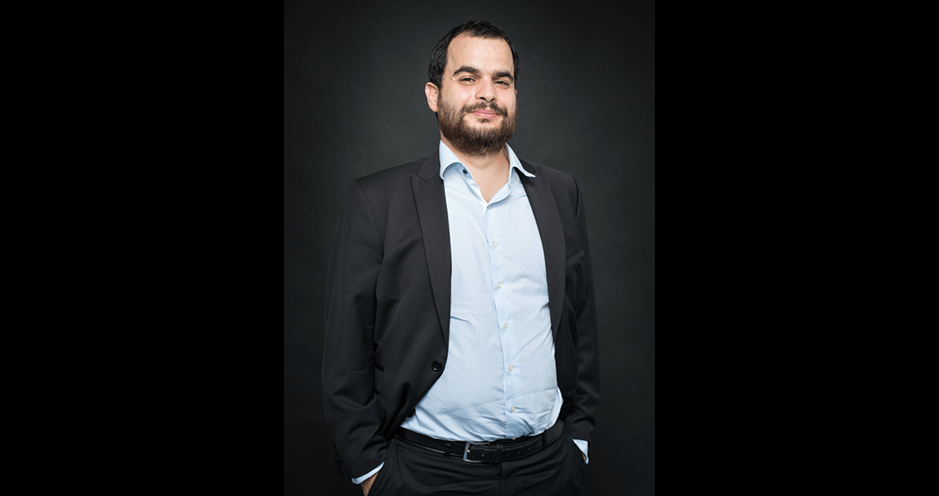SASI Ideas Festival: four questions for Jeremy Ghez
The first "SASI Ideas Festival" will take place from September 2 to 20, 2019: three weeks of conferences, workshops and visits for new students of the MSc Sustainability and Social Innovation (SASI). Jeremy Ghez, HEC Paris affiliate professor and scientific director of the SASI Master, describes this new initiative.

An intellectual "study trip", a festival of ideas ... how would you define the "SASI Ideas Festival" in a few words?
Jeremy Ghez: The SASI Ideas Festival is designed to introduce the newest SASI participants to the core concepts they will need to have a good grasp of in order to make a difference in this business environment. It will introduce them to sustainability and to other key terms, concepts and ideas that will be omnipresent throughout the year. They will meet with a wide array of actors that focus on SASI-related issues and discuss a broad range of topics through presentations, debates, discussions and exercises. This event is meant to help them identify the topics that are important to them and that they will focus on in the short term, as they write their master’s thesis for example, and in the medium term, as they think about their career plans.
What do you expect from SASI participants during these three weeks?
Jeremy Ghez: The first goal, of course, is to help SASI participants get to know each other! Beyond that, this event is meant to set the scenery, to define the stakes of sustainable development and business transformation in a way that is factual and analytical. We certainly do not want to underestimate the significance of the challenges ahead – and with this crowd, it would be impossible. But we do not want to do it in a way that further fuels anxiety – in particular because this is a pretty anxious generation, and a particularly anxious crowd.
We would like SASI participants to be as optimistic about their ability to make a difference as they are lucid about the challenges our societies face. This requires tough conversations about topics that can be distressing. But it also requires a lot of imagination and creativity when it comes to identifying levers of action and transformation.
That mix of optimism and lucidity is ultimately what we expect from our SASI participants as we discuss these topics during the festival. We hope that they will own the key concepts we introduce them to so that they are better able to challenge the actors they meet and to make headway on these topics in a way previous generations have failed.
What issues will you be focusing on?
Jeremy Ghez: We will cover a wide range of topics, including climate change, resources and energy, sustainability in big FMCG companies, waste management, the future of insurance, impact assessment, sustainable cities, biodiversity, anthropology and management, and the Sustainable Development Goals. Throughout the Festival, participants will also have the opportunity to network with former SASI students and to attend career management sessions. The overarching theme here is the changemaker figure: this business environment may be a real scary one, but there are opportunities for change and transformation. Where can I make a difference? That is the question SASI participants will need to tackle throughout the year. The Festival is meant to be a springboard for their thinking.
What is the profile of the 54 SASI participants this year? What do you want them to remember from this period of integration?
Jeremy Ghez: We’ve recruited 54 talents from 20 different countries. Their background is very diverse: We have people with a business background, engineers, political science majors and so on. We selected each of them because of their potential to make a difference. We hope that they will start to think about their specific path to changemaking with this Festival.
Download SASI Ideas Festival Program